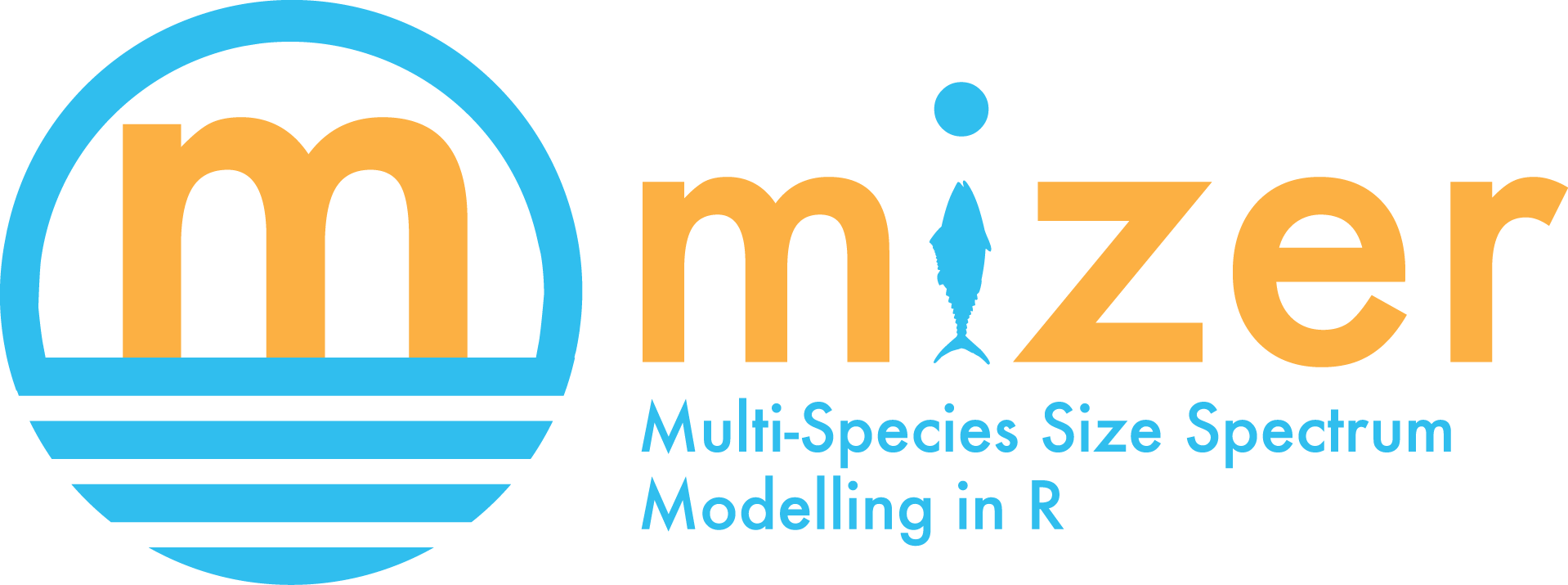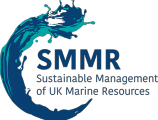
Online course
2022 November 7 – 25
In this hands-on online course you will learn about the principles of size based multi-species fisheries modelling and the implementation of these principles in the R package mizer. You will build a mizer model for the Celtic sea from scratch and will also be encouraged to build a model for your own area of interest. You will then run various scenarios to explore how the ecosystem reacts to changes in fishing or other stressors.
The course is led by Gustav Delius (University of York, UK). Invited speakers include Ken Haste Andersen and Julia Blanchard. The course is based on an earlier version created in collaboration with Asta Audzijonyte (Nature Research Centre, Lithuania & University of Tasmania, Australia). Kennedy Osuka (University of York) has worked on updating the course materials to use the Celtic Sea as the example ecosystem.
Free registration
Participation is free. If you would like to participate in this course, please register.
If you have any questions, email me at gustav.delius@gmail.com
Tutorials and worksheets
The course has three week-long sections:
Week 1: Understand
You will gain an understanding of size spectra and their dynamics by exploring simple example systems hands-on with mizer.Week 2: Build
Following our example, you will build your own multi-species mizer model for the Celtic sea. We will collect the models from all participants to create an ensemble of models. You can also create a model for your own area of interest.Week 3: Use
We will use the new ensemble of mizer models for the Celtic sea that you all helped to create in the previous week to explore the effects of changes in fishing and changes in resource dynamics. You will run your own model scenarios.
The course is organised into several tutorials each week. Each tutorial is associated with a worksheet in which you perform the exercises that are dotted throughout the tutorials. You will work through these tutorials and worksheets at times that are convenient for you.
On-line meetings
There will be an online zoom meeting at 3pm UK time (GMT) on every workday during the course. The purpose of these meetings is to add a social dimension to the course. Joining the meetings is optional. Each meeting will start with a brief walk-through of one of the course tutorials that will also be recorded and posted on the course website after the meeting. The rest of the meeting is for questions and exchange of experiences among the course participants, either among all participants or within breakout rooms.
The meetings are scheduled to last for one hour but you should feel free to join and leave meetings at any time, according to what you feel is useful to you. In fact, the zoom link works also outside the timetabled slots, so you can use it for extended discussions whenever you like.
You will receive an invitation to the zoom meetings before the start of the course once you have registered.
This course is organised as a part of the Pyramids of Life, funded by UK Research and Innovation via the Sustainable Management of Marine Resources fund.

